Saudi Arabia’s ambitious Deputy Crown Prince Mohammad bin Salman has emerged as the symbol of Saudi Arabia’s quest to reshape its policies within an ever changing region plagued by geopolitical rivalry, changing alliances and dwindling energy revenues.
In his interview with The Economist, Prince Mohammad discussed issues ranging from how to prepare the country for its post-oil economy to how the Kingdom sought to shape regional security policies, including on Syria, Iran and Yemen.
But most significantly, he indicated the Saudi government was considering whether to sell shares in oil firm Aramco as part of a privatization drive to raise money in an era of cheap oil.
Now the deputy crown prince has signaled that an IPO for Aramco, which will put 5 percent of shares on the market, could happen in 2017.
“IPOing Aramco and transferring its shares to PIF (public investment fund) will technically make investments the source of Saudi government revenue, not oil,” he told Bloomberg.
“What is left now is to diversify investments. So within 20 years, we will be an economy or state that doesn’t depend mainly on oil,” he added.
Activity
In July, it acquired a 38 percent stake in South Korea’s Posco Engineering & Construction Co. for $1.1 billion and the same month agreed to a $10 billion partnership to invest in Russia with the Russian Direct Investment Fund.
Ultimately, the fund aims to increase the proportion of foreign investments to 50 percent of the fund by 2020 from 5 percent now, said Yasir Al-Rumayyan, secretary general of the fund’s board, adding that the fund has been hiring specialists for markets, private equity and risk management.
The plans have been described as a “clear direction” for the kingdom by Sadad Husseini, a former executive vice president of Saudi Aramco.
“A lot of young people at home are feeling excited that there is a clear direction and leadership … It makes you wonder why no one else did it before.”
The young prince, through his wide-ranging interviews with Western media, not only suggests that King Salman continues to entrust him with significant responsibilities, but that he seeks to change the kingdom’s attitude towards its most valuable resource and transform Saudi Arabia’s clout.
Simultaneously, on the security front, Prince Mohammed has been tasked to ensure an international military coalition comprised of 34 Muslim-majority countries “coordinate” anti-terrorism efforts in Iraq, Syria, Libya, Egypt and Afghanistan. The prince is seemingly paving a path for Saudi Arabia to become an assertive power that shapes both regional security and global markets.
This article was originally published by Al Arabiya.
The views represented herein are the author's or speaker's own and do not necessarily reflect the views of AGSI, its staff, or its board of directors.

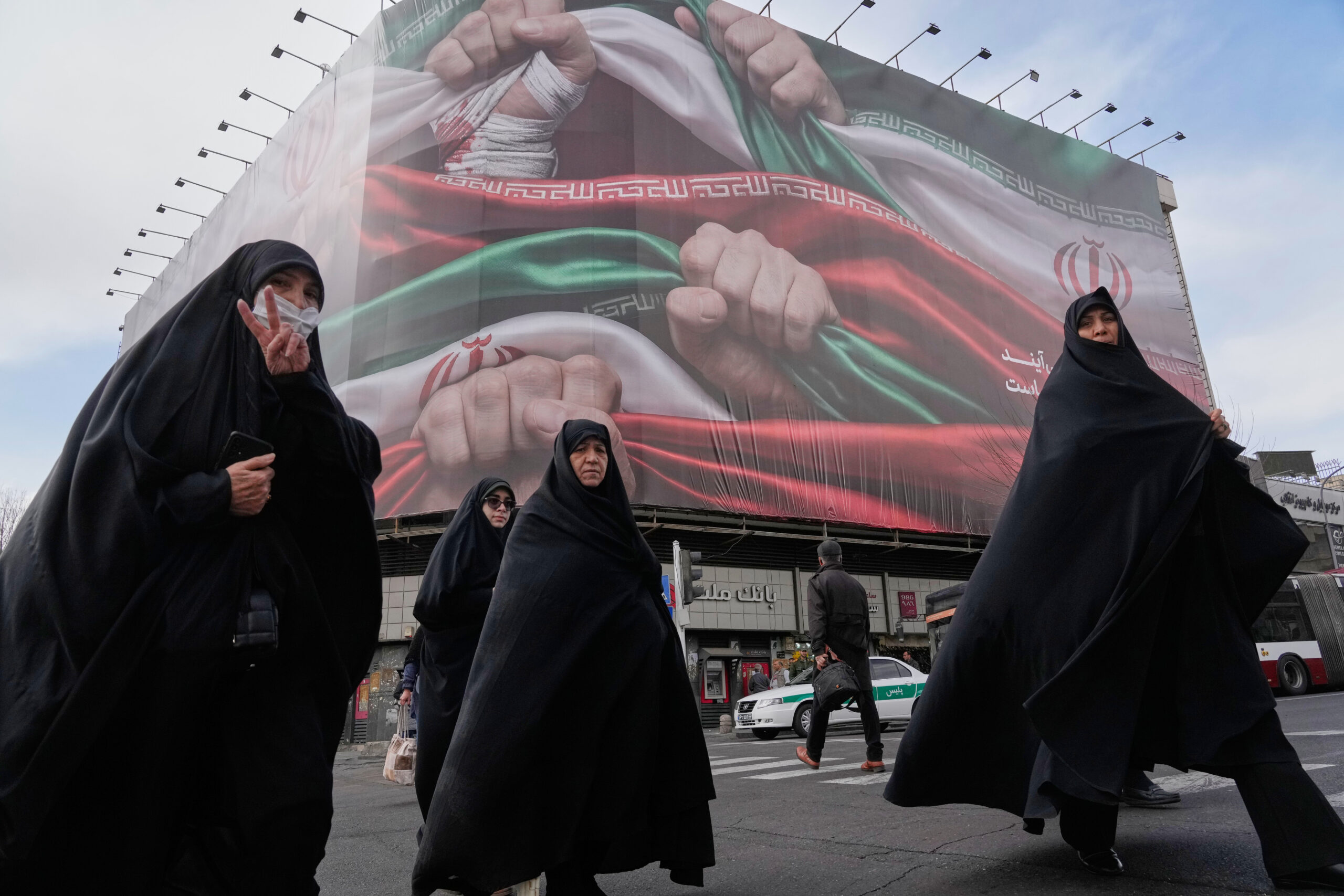
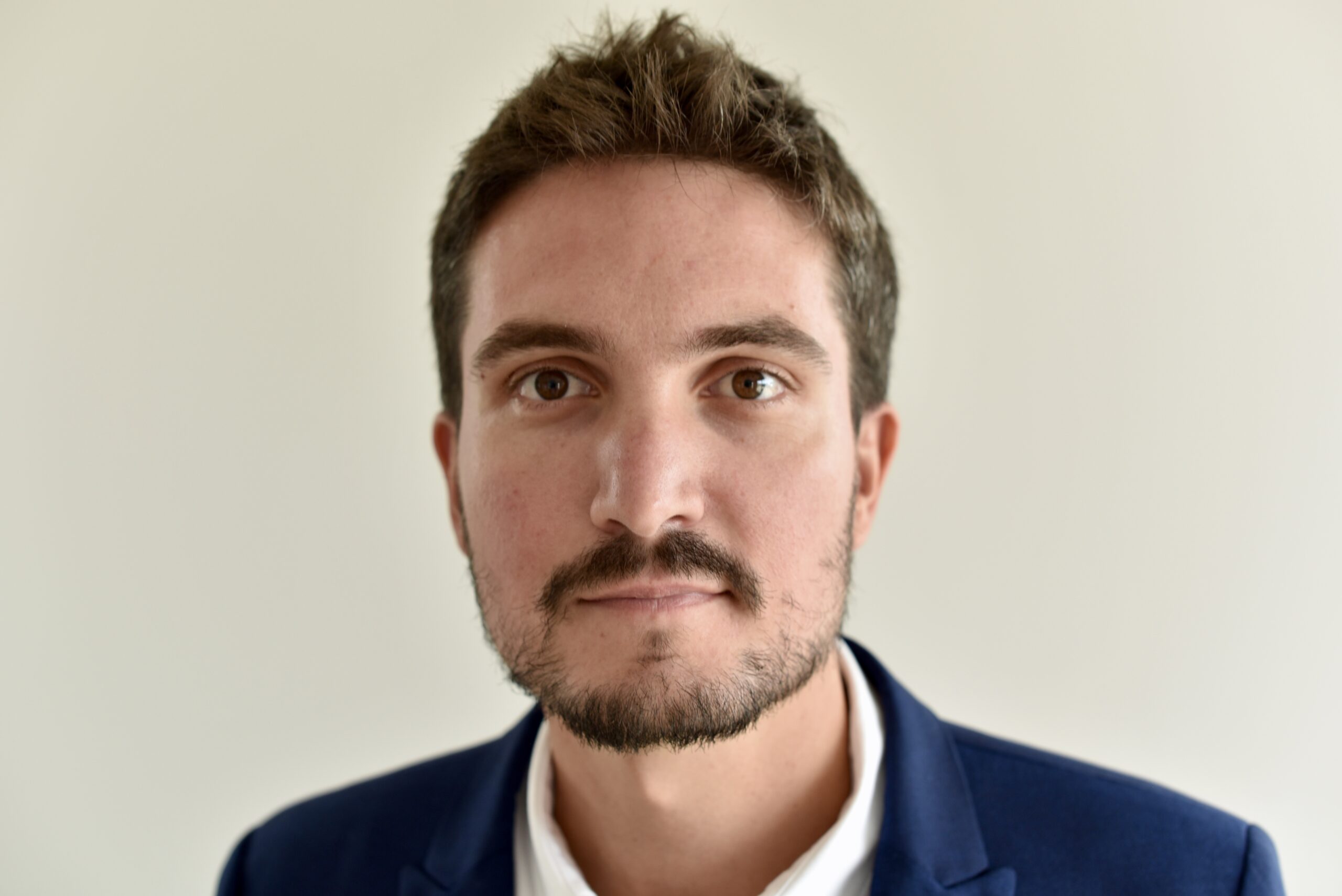


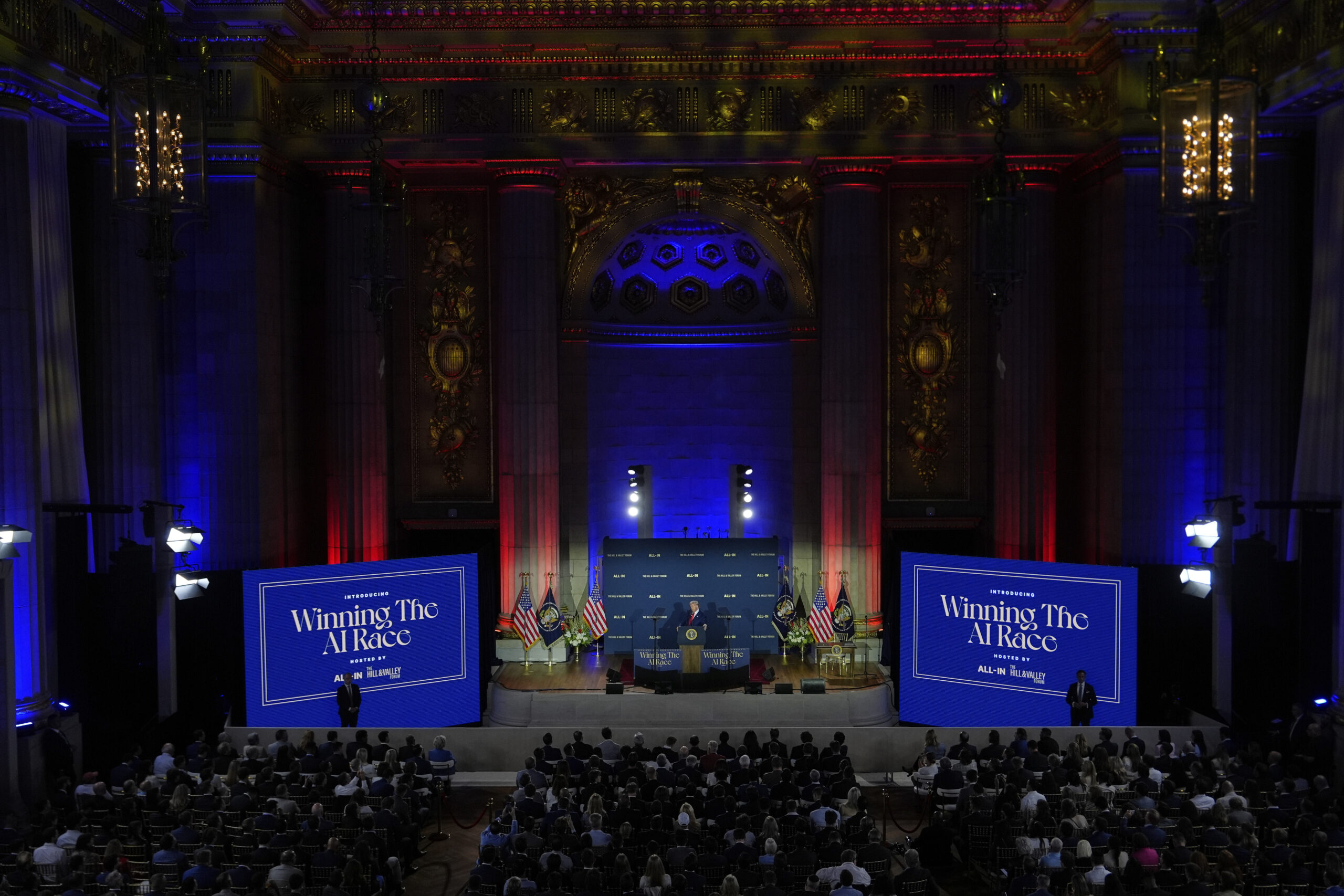

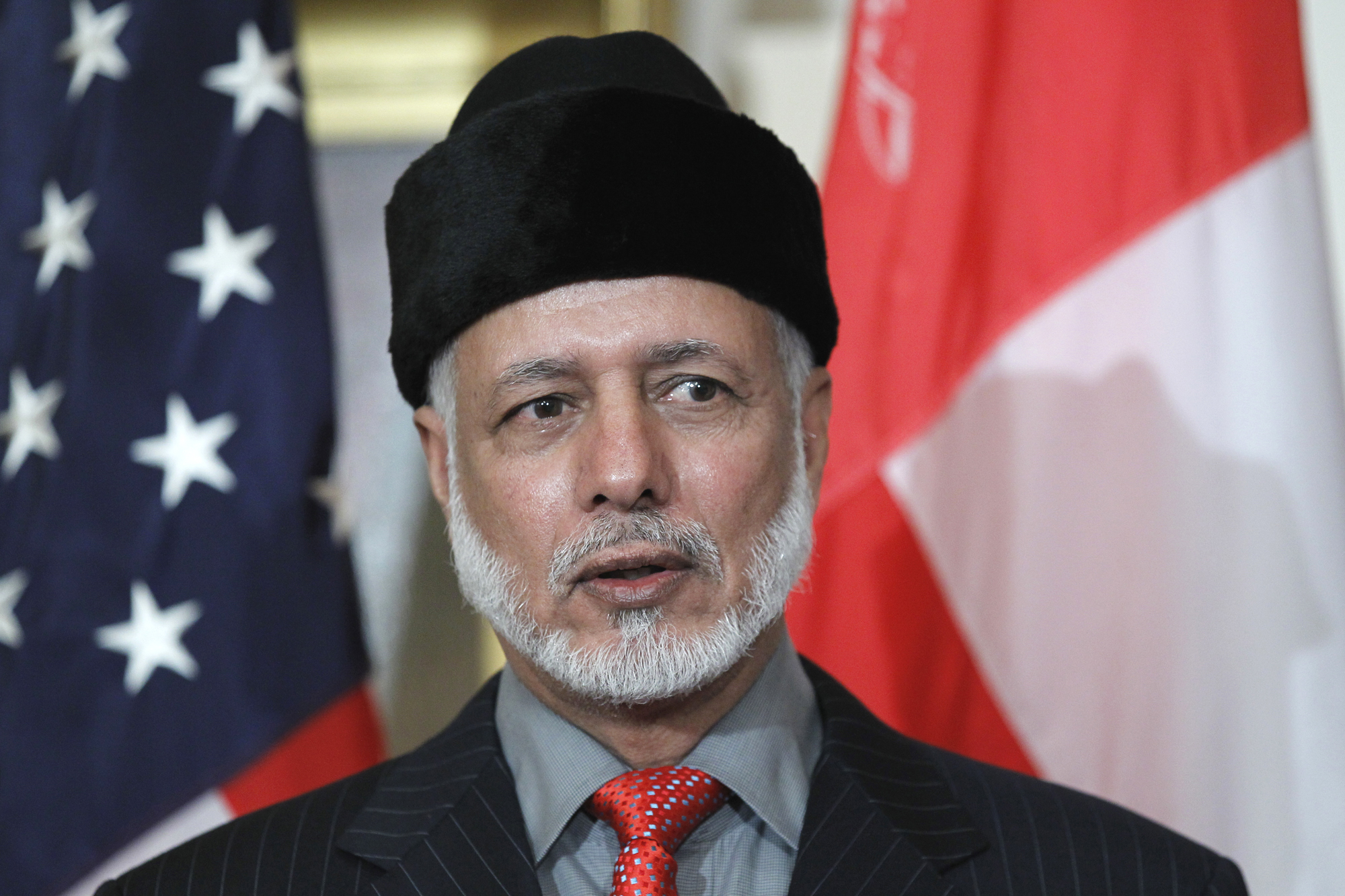
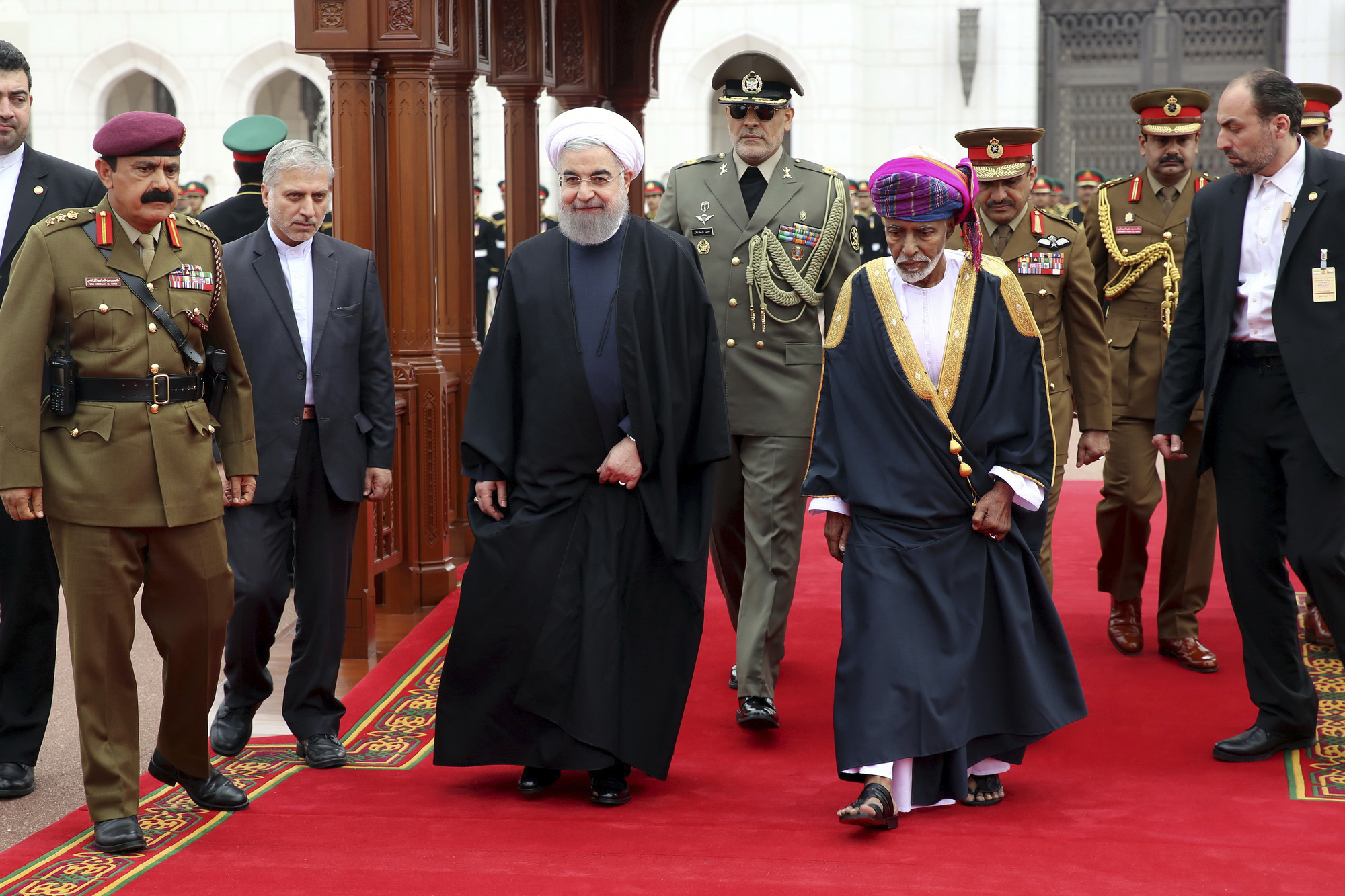
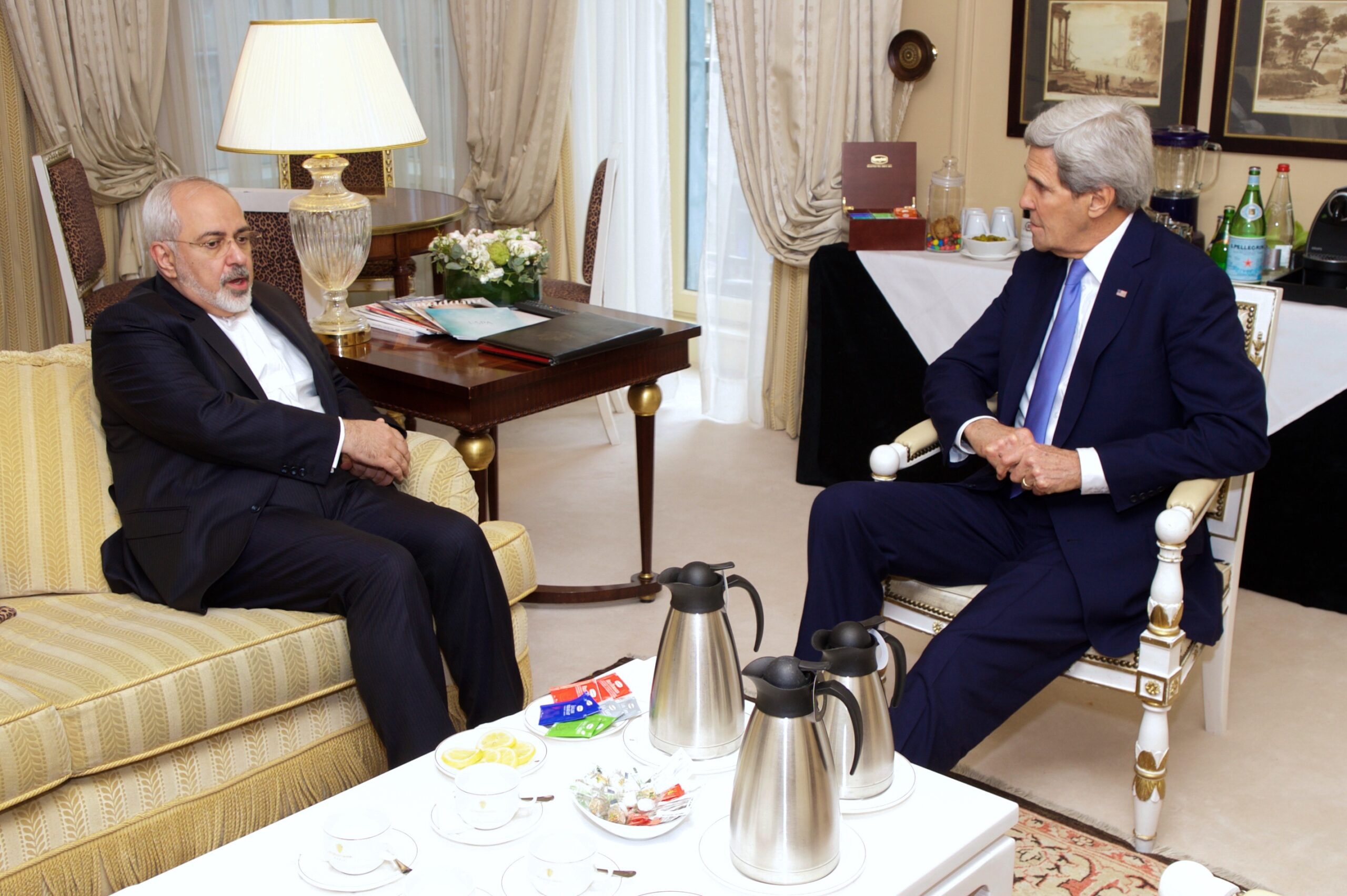

Apr 4, 2016
Saudi Deputy Crown Prince Paves Path for Kingdom’s Post-Oil Era
Saudi Arabia’s ambitious Deputy Crown Prince Mohammad bin Salman has emerged as the symbol of Saudi Arabia’s quest to reshape its policies within an ever changing region plagued by geopolitical rivalry, changing alliances and dwindling energy revenues. On Friday, the deputy crown prince announced plans to dedicate a $2 trillion budget for a post-oil economy,...
5 min read